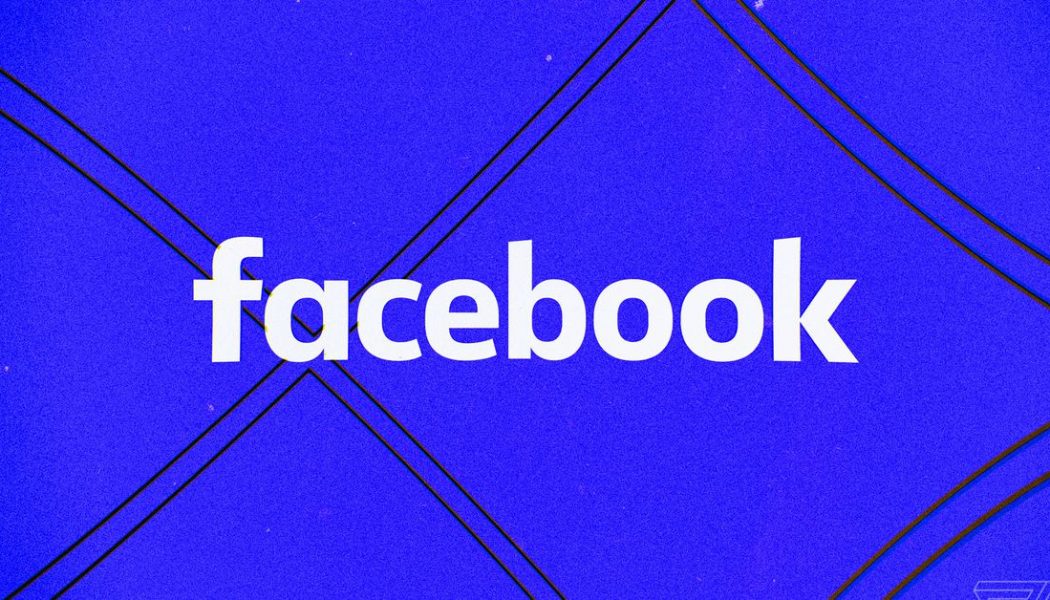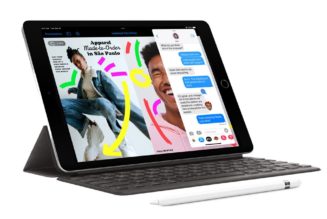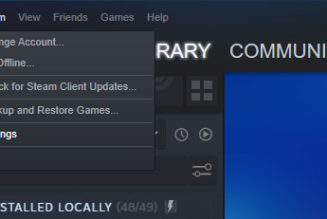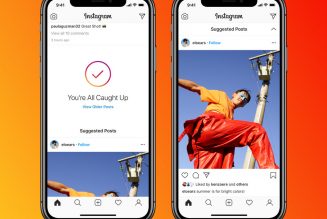
Facebook has released its latest annual diversity report, which suggests the company is slowly increasing representation across its workforce. According to Facebook, the representation of women and Black and Hispanic people among its employees increased across all of its tracked categories. But the social network has yet to hit its long-term goals, such as 50 percent of its workforce being from an underrepresented background by 2024. That figure now stands at 45.3 percent, up from 43 percent last year.
Facebook’s diversity report, which is now in its seventh year, is especially important in 2020. Last month, the company’s employees staged a virtual walkout over its decision not to take action against posts from President Donald Trump. One post appeared to threaten violence against people engaged in protests against racial violence, saying “when the looting starts, the shooting starts.” That same the month, multiple high-profile companies pulled their ads from Facebook over what they said were failures in its moderation and hate speech policies.
The annual report suggests that diversity is increasing at Facebook but slowly and, in some cases, unevenly. Between 2014 and 2020, the amount of Black people it employs in non-technical roles in the US went up from 2 to almost 9 percent, for US Hispanic people it went up from 6 to 11 percent, and the amount of women in its leadership positions went up from 23 to 34.2 percent.
The company has had less success in improving diversity in its technical roles. The amount of Black and Hispanic people in these roles sits at just 1.7 percent and 4.3 percent, respectively. The amount of women in technical roles has increased from 15 to 24.1 percent.
Alongside its long-term 50 percent goal, Facebook says it hopes to increase the amount of people of color it employs in leadership positions in the US by 30 percent in the next five years.
This report follows a number of other initiatives announced by Facebook in recent months related to racial equality. In June, it committed to spending $200 million in support of US-based Black-owned businesses and organizations, and it added a section to its app featuring fundraisers, educational resources, and stories from Black people.










